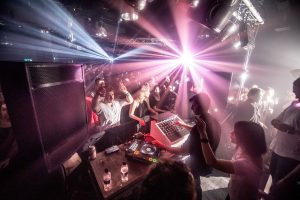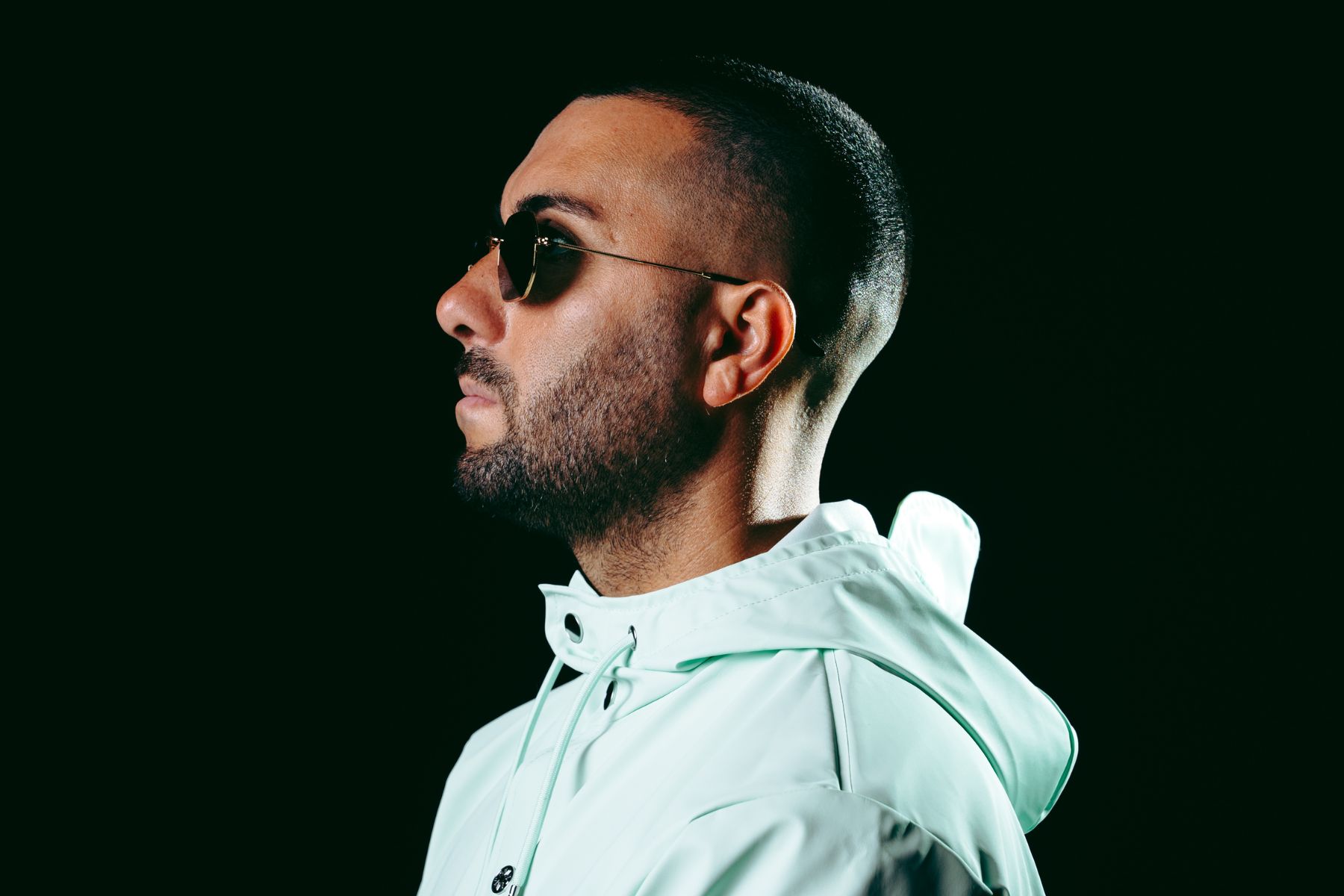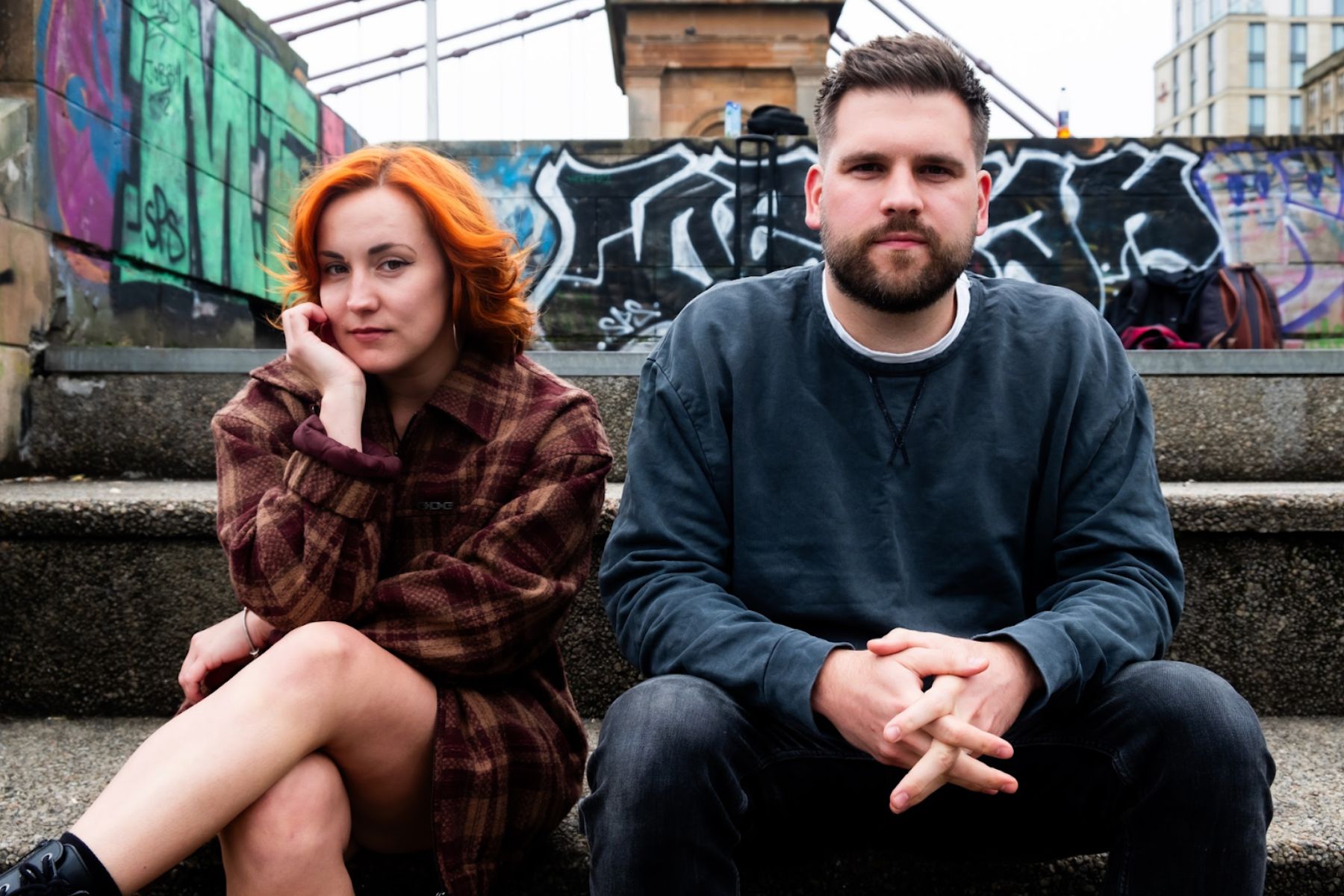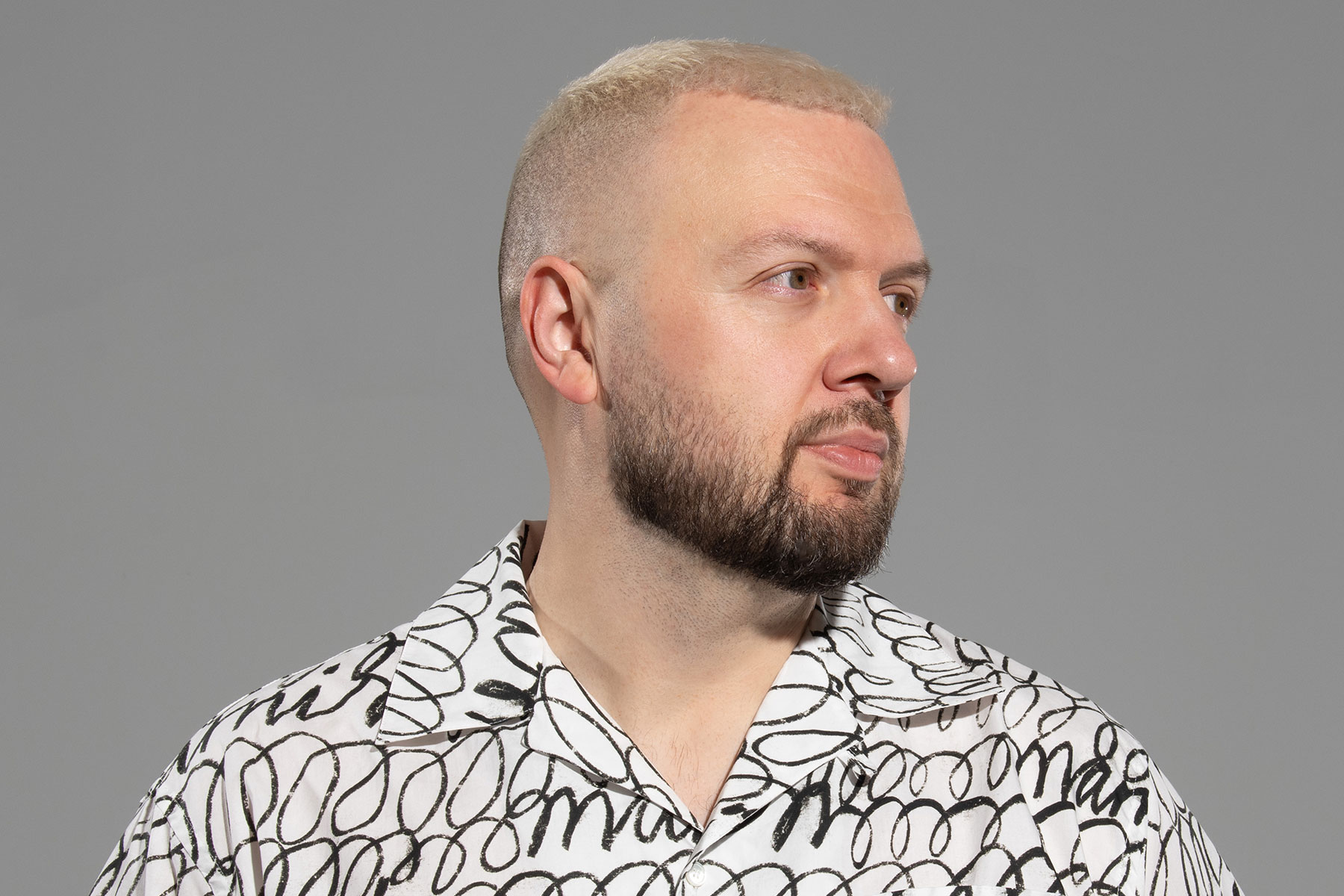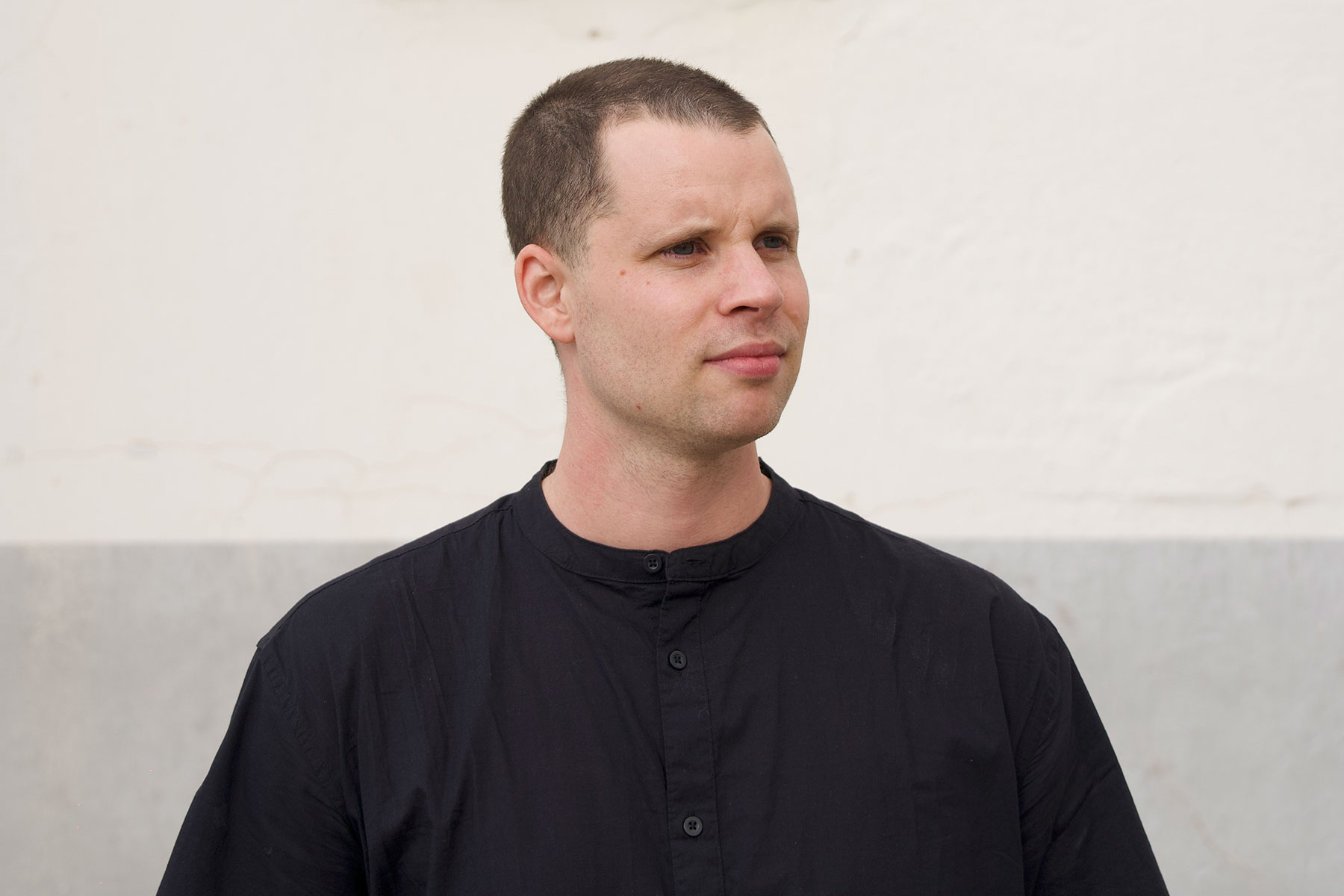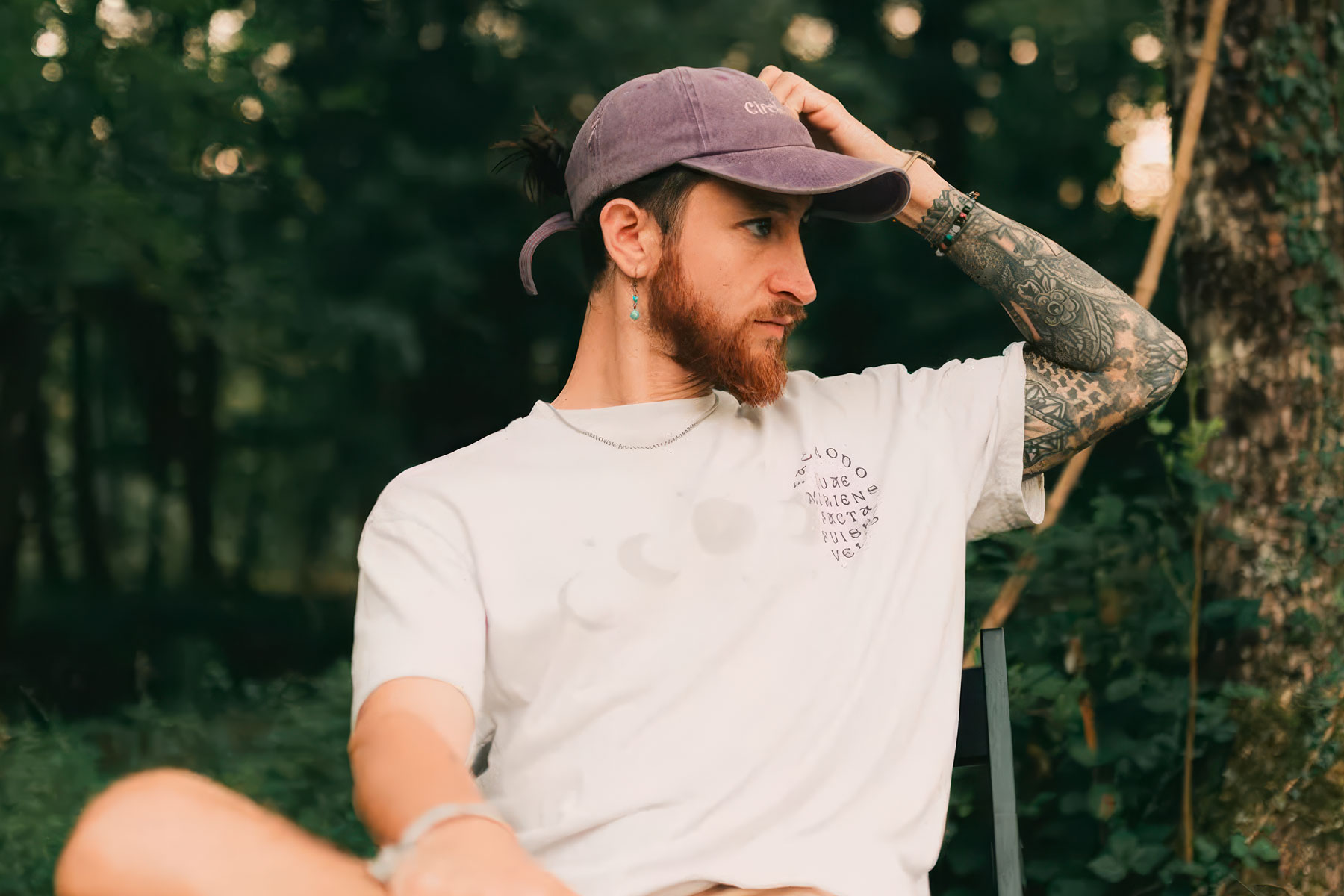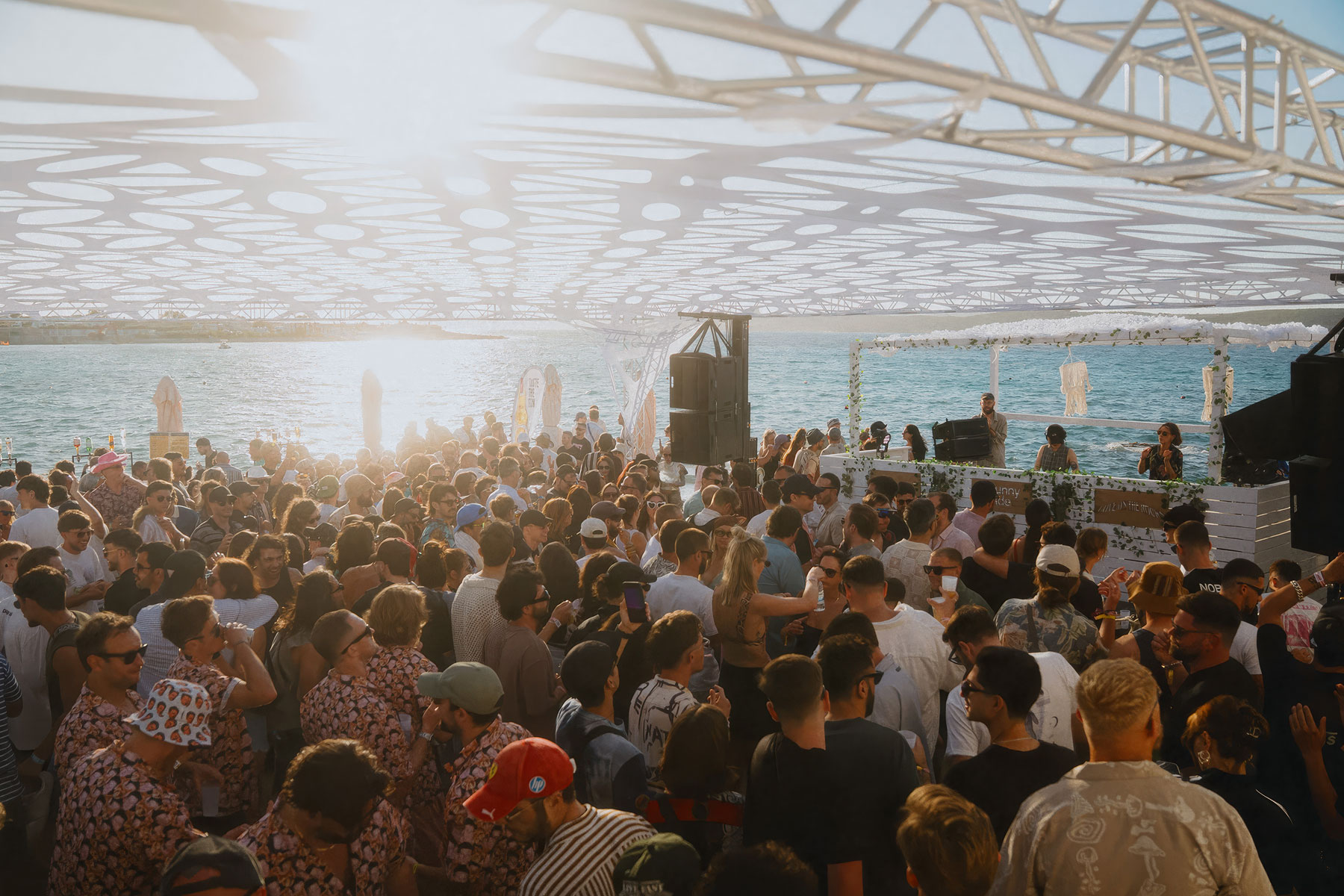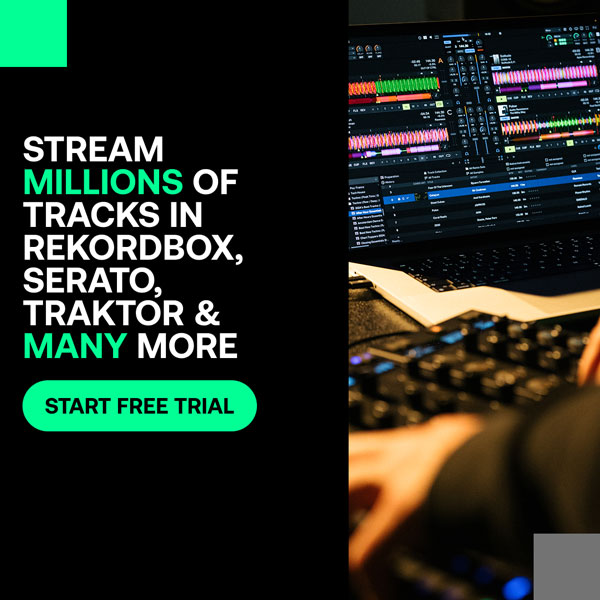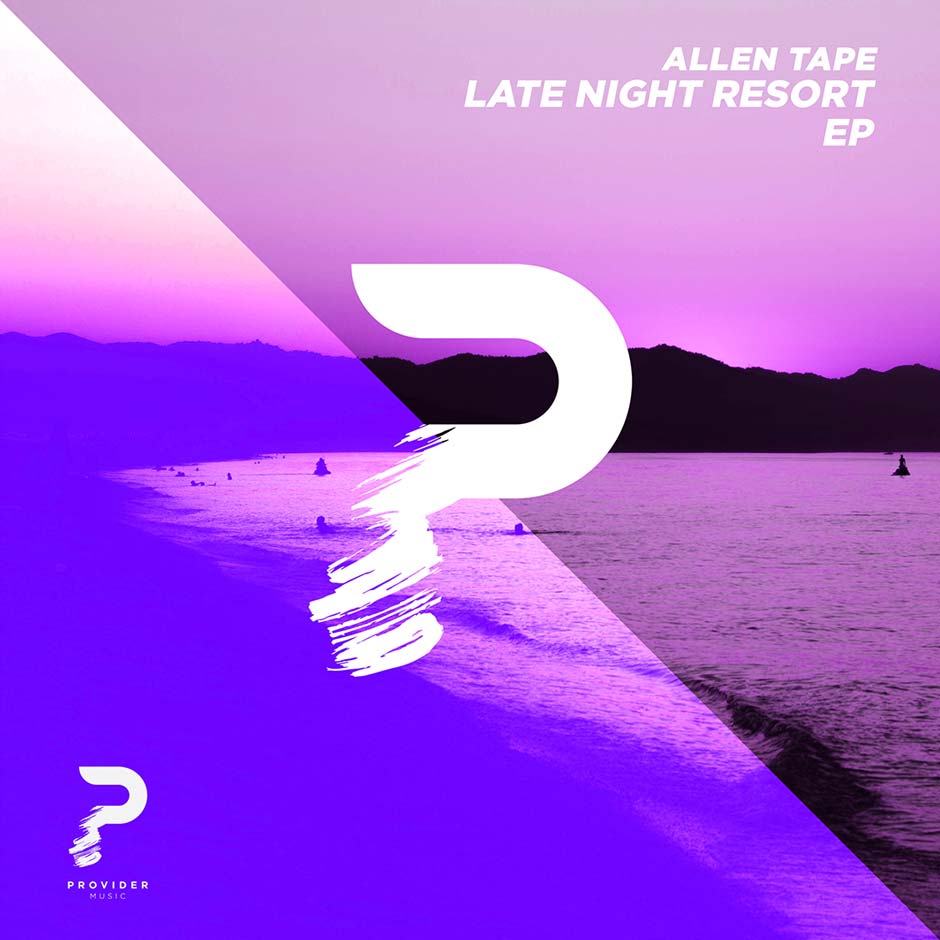Robert Grunwald’s primary job is to control the light system at Berlin’s Panorama Bar. This expert technician also takes part in some of Innervisions’ “Lost in a Moment” parties and Electric Minds London events. We had the chance the talk with him about the effect that light has on the clubs energy and how it complements the environment and musical progression of the artist who is playing.
Electronic Groove: Hello Robert thanks for your time to chat with us. In your professional point of view, what is the relationship between sound and light?
Robert Grunwald: The lights always has to support the sound and the vision of the DJ. The lights help to accentuate the music and visualize the emotion of the situation
Electronic Groove: What impact does the lighting have on a show?
Robert Grunwald: If you have some bad lights people may don’t recognize that its bad. But if you do the lights “on point” and catch the emotion, then people mostly feel that something else happened to what they already are feeling. It can be total darkness in the right moment or just bright lights at the climax.

Electronic Groove: You speak about ‘telling a story’ with the lights while the DJ tells the story with music. Could explain for our readers how you tell a story with light?
Robert Grunwald: As some Djs build up their sets with different styles of music, you can do the same with lights… Maybe you just use one color for a long time and then change it when the right moment comes, or you just start with a single lamp in the corner and add more and more lights when it comes to a highlight situation. You can tell so much with intensity, color, patterns, and movements.
Electronic Groove: You work regularly with the lights of Panorama Bar and Innervisions, are there particular artists or venues that you feel more connected to? Does the relationship affect your work?
Robert Grunwald: With all the years you get connected to a lot of people. I got the job offer at Panorama Bar 9 years ago and i’m very thankful for that. All the artists helped me to find my own kind of interpretation of music and on the other hand it’s nice to help and support new artists, specially when they play for their first time at Panorama Bar. Like when Recondite, Mano le Tough or Black Madonna did their premiere gig, I was as surprised as the crowd and tried to make it memorable for the people that were there that night.
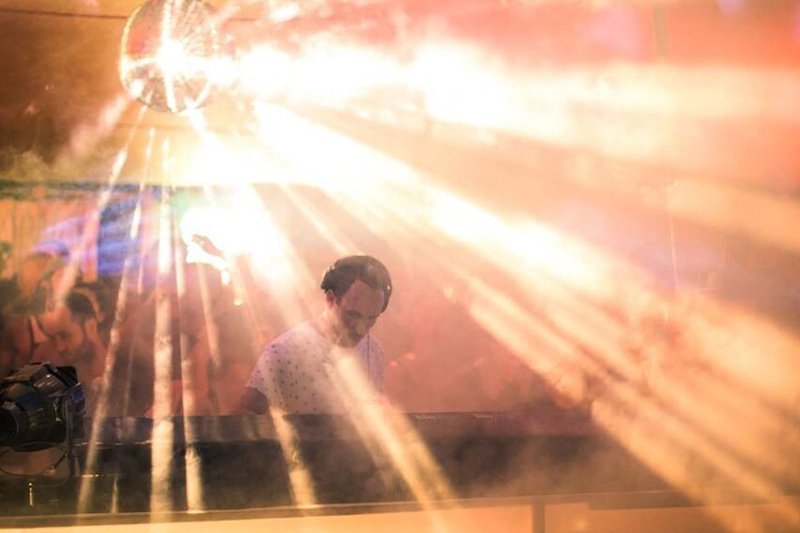
Electronic Groove: How do you prepare your sets, are they pre-planned or do you work on instinct?
Robert Grunwald: As a light guy you have to be good with your instincts because you never know what the DJ is going to play. So you prepare your show on the desk as it’s suitable for your own workflow. Then you just let it happen as it comes to your mind. You need both skills. To know the technical details of your equipment and to trust your own creativity and understanding of music.
Electronic Groove: We guess that you are particularly connected with genres like Techno or Deep House. What are your favorite styles?
Robert Grunwald: Sure, I have some styles of music that I prefer. I feel really connected to all the new styles that come up in the House scene. Like NuDisco or emotional Techno and House. It has some effect on my work. If I like the music then it’s easier to transform the music into lights. But the good thing is that I mostly work with great DJs. My favorite labels are Dystopian, Maeve, Kompakt, and Innervisions for sure.
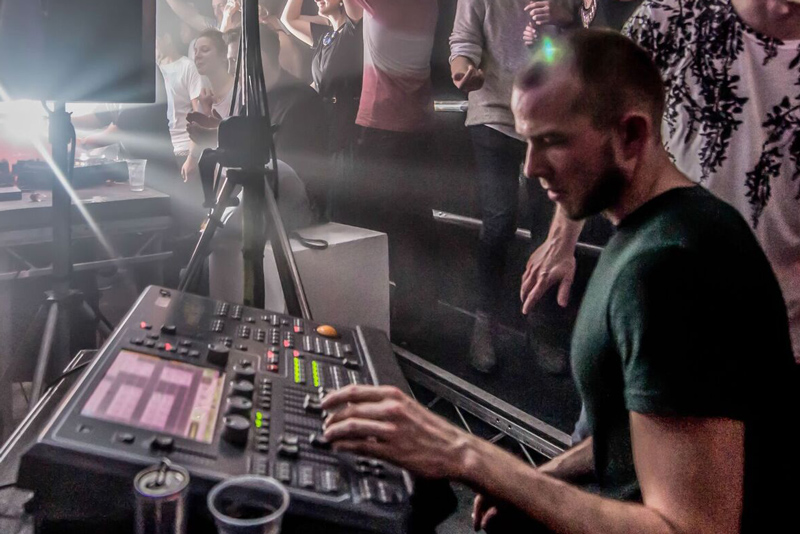

Electronic Groove: You are orchestrating the lighting for Mano Le Tough’s marathon 7 hours set for Electric Minds in London on August 26th. Does your approach change when you work on extended sets?
Robert Grunwald: Yes definitely! It’s a different situation for me when you have the same artist all night long playing. You can “take your time” like the DJ. Means that it gives you more chance to arrange the evening in different moods and take people on a journey.
Electronic Groove: Many DJs often speak about adapting their style to fit better with different music cultures across the globe. Does the same theory apply to lighting?
Robert Grunwald: As far as I can tell the more you south of Europe you go the lights get a little bit more “confusing”. LJs from the south prefer that something needs to be happening all the time. Keeping all the lights on and flickering, fast movements and Strobes are used for all kinds of situations. The more north you come the LJs get a little more relaxed. Guess that in Germany you have a pretty good “light culture” because we have some good lamps and desks to work with. Alot of good LJs like their job because they like music and they have the technical knowledge or skills to produce good shows.
Electronic Groove: What is the most important advice you would give about delivering an exceptional light display?
Robert Grunwald: To play with brightness and darkness is the key for me. But seeing it in a longer context than just in a 8 min track. And you have to be in contact with the music. There’s a bunch of people who still cannot count the beats and know when the break comes, even if they do it for years.
Tiefton’s next light show can be seen at The Hydra: Mano Le Tough (All Night Long) at The Colombian in London on Friday 26th August. Full details are here: http://the-hydra.net/“
Photos by ‘Daddy’s Got Sweets’


